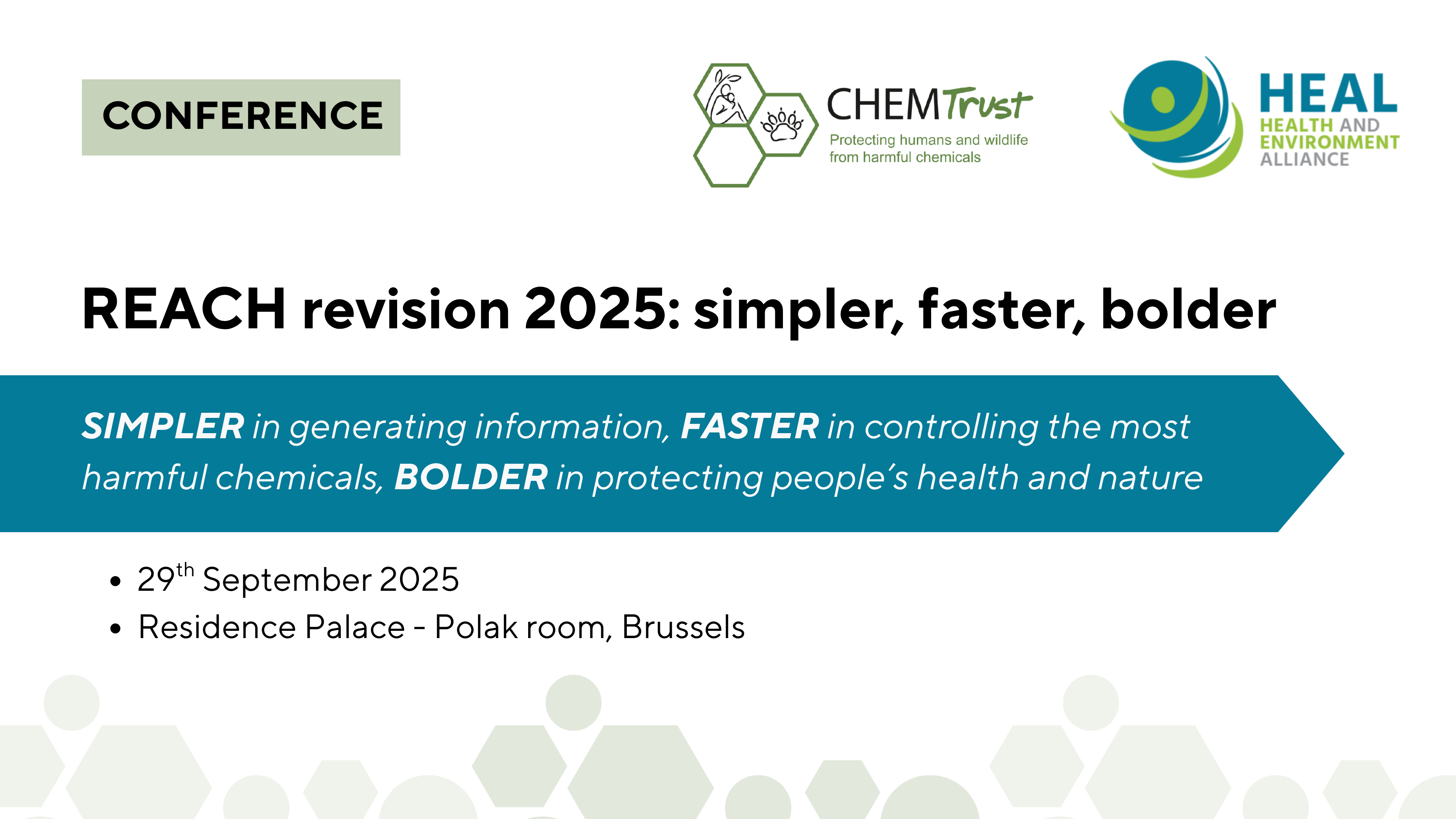The EU Healthy Air Coalition (EUHAC), a coalition of diverse constituencies of the health sector, urges the Commission President to ensure that the next EU budget will help the EU substantially advance towards clean air and the prevention of the major diseases caused by air pollution.
Climate change is the greatest threat to public health of the 21st century, and decisive and strong mitigation action will yield large health benefits, also in Europe.
The Health and Environment Alliance (HEAL) welcomes the EU Commission’s commitment to continue the process for upping the bloc’s 2030 goal with the COP26 postponement, and the goal to achieve climate neutrality in 2050. However, this overall climate commitment also needs to translate into the EU taking a leadership role on even stronger mitigation action for 2030, given the scientific understanding on the remaining carbon budget and the reaching of tipping points.
The EU’s climate commitment must mean achieving greater GHG reduction in the next years – and not wait for the too distant 2050 future: this will also be the best way to promote people’s health.
This means that the Commission should move towards upping the EU’s 2030 goal to – at least – 65% emissions reduction, and carry out the respective assessment. The uptake of the emissions reduction targets needs to be more ambitiously set in next decades rather than 2 decades after 2030.
We lack time for change, it needs to start now more radically and follow more an even linear line to a net zero EU.
Moreover, under a revised heading “social and health impacts”, it is crucial that the impact assessment and initiative explicitly assess the health impacts and benefits to health care systems as a whole. Those benefits are larger than considering only air pollution effects and include i.e. reduced healthcare costs from an overall strengthened health of the population (e.g. through greater physical activity in a decarbonized mobility system). In particular, impacts for vulnerable subgroups of the population should be assessed.
The EU Commission should also require member states to assess such health co-benefits, which will help us advance towards a more comprehensive costs and benefits picture.
For such an assessment, the Commission should consider the integration of the WHO Carbon Reduction Benefits on Health calculation tool (CaRBonH) available here.
With the Covid-19 pandemic the need to better protect people’s health and strengthen health resilience in the short and long term has become prominently understood around the globe. The current planetary health emergency reminds us that our essential systems need to be resilient and healthy in order to carry the burden of natural disasters and crisis ahead of us. It would be naive to expect such crisis would not appear again.
Thus, EU’s 2030 climate goals need to take into account those essential pillars of EU society such as health and well-being of the whole population – including the most vulnerable ones among us – resilient heath care, resilient local support systems as important modus within a diverse and interconnected EU society.
This feedback has also been posted here.


